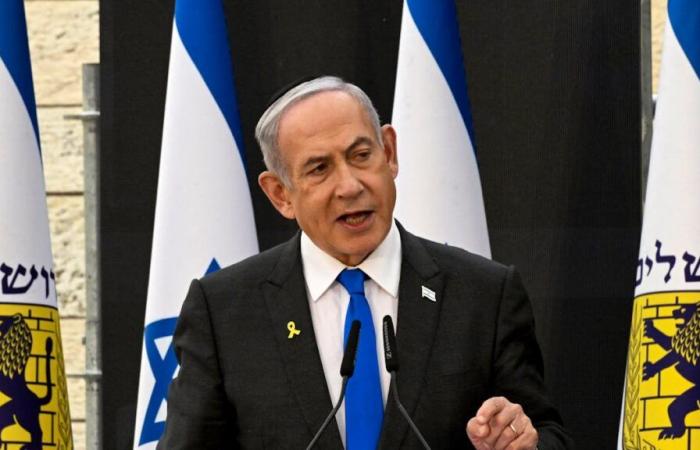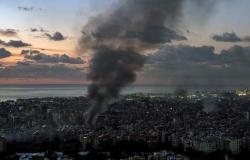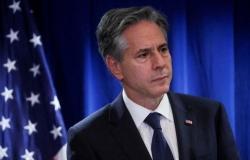A truce in Lebanon will allow Israel to “focus on the Iranian threat,” Benjamin Netanyahu said.
AFP
Israeli Prime Minister Benjamin Netanyahu announced Tuesday that his security cabinet would adopt “in the evening” a ceasefire in the war with Lebanese Hezbollah, which should end more than a year of hostilities cross-border and two months of open war in Lebanon.
The United States, the European Union, the United Nations and the G7 have all pushed for a cessation of hostilities between Israel and the powerful Lebanese outfit armed and supported by Iran.
The Israeli security cabinet will adopt a ceasefire in Lebanon “this evening,” Mr. Netanyahu announced. He warned, however, that his country “will respond” if Hezbollah violates the truce and will maintain “total” freedom of action in Lebanon. A truce in Lebanon will allow Israel to “focus on the Iranian threat,” he said. He added that “the duration of the ceasefire depends on what happens in Lebanon” and that in Gaza, where there is still no ceasefire, Israel’s pressure on Hamas “will intensify”.
He was speaking at the end of a day marked by the most violent Israeli raids on Beirut, since Israel launched a massive bombing campaign on September 23 targeting pro-Iranian Hezbollah in the neighboring country, then began there on September 30 ground operations in the south.
A ceasefire should also help put an end to the conflict in Gaza, American Secretary of State Antony Blinken said before the announcement of the agreement.
The G7 foreign ministers called on Tuesday for an “immediate ceasefire”, while the head of diplomacy of the European Union, Josep Borrell, declared that the Israeli government had “no more excuses” for refusing it.
According to the American news site Axios, the agreement is based on an American project providing for a 60-day truce during which Hezbollah and the Israeli army would withdraw from southern Lebanon to allow the Lebanese army to deploy there.
It includes the establishment of an international committee to monitor its implementation, Axios added, specifying that the United States would have given assurances of its support for Israeli military action in the event of hostile acts by Hezbollah.
The international mediation was based on UN Security Council Resolution 1701, which ended the previous war between Israel and Hezbollah in 2006, and stipulates that only the Lebanese army and peacekeepers can be deployed to the southern border of Lebanon.
The Israeli army reported in the afternoon more than 20 projectiles fired from Lebanon against Israel. She also reported strikes in southern Lebanon and a ground operation in “the Litani River region”, to the north of which Israel says it wants to repel Hezbollah.
22 dead in Gaza
The Israeli army continues its strikes on the besieged Gaza Strip, where at least 22 people were killed on Tuesday, according to Civil Defense, including 11 in a school housing displaced people in the north.
At the start of winter, thousands of displaced people are trying, with paltry means, to protect themselves from the rain and the cold.
The winter is going to be “horrible”, warned Louise Wateridge, a spokesperson for the United Nations agency for Palestinian refugees (UNRWA), while Gazans “have not had the most basic things for 13 months : no food, no water, no shelter.
(afp)






